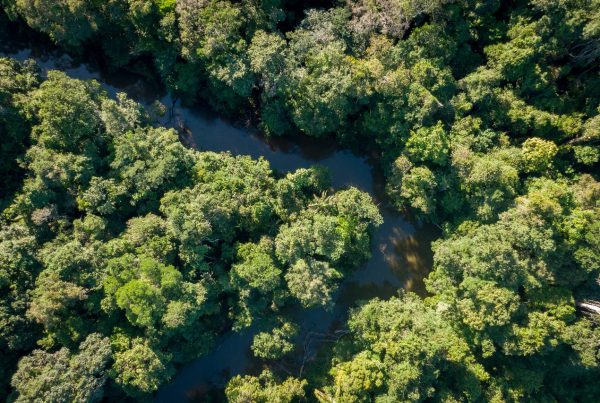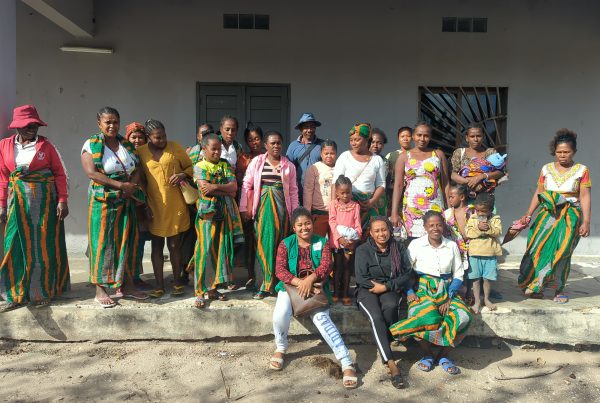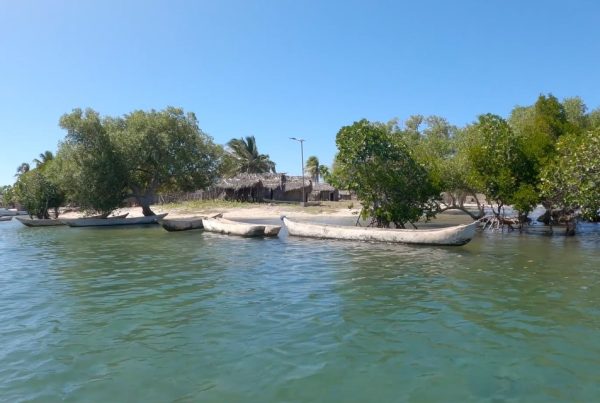In a pilot project in north Vietnam, Tebtebba and the Centre of Research and Development in Upland Areas worked to test whether REDD+ financial incentive systems for carbon sequestration could be developed based on respect for the wishes, rights—including gender and ethnic equality and sensitivity—and traditional knowledge of IPLCs.
The project involved 137 communities comprising over 11,000 people. The communities established self-governing groups that then set up eight community co-operatives, gathered into two ethnic alliances. The communities gained legal status, including legal use rights over 5,386 hectares of natural forest for a period of 50 years. They also gained the right to work in partnership with the local government to implement state policies.
The heads of the co-operatives received training and resources for capacity building to ensure their full independence as forest owners, and farmer groups with technical teams were trained in carbon accounting and community-based forest monitoring. A map demarcating community forests was created by the communities, and local forestry experts were trained to monitor tree diversity, conservation and sustainable use of biodiversity, using tools that were developed based on both modern science and traditional knowledge and practices.
All of these steps were achieved according to a set of key principles:
- Respect for rights related to land and forest use.
- Promotion of community self-reliance, self-determination, and ownership, as well as partnerships.
- Promotion of collective work and collective rights, including in relation to customary laws and forest protection.
- Promotion of traditional governance and traditional knowledge.
- Holistic, horizontal, integrated capacity building
- Enhance gender and ethnic equality and sensitivity.
Overall, the project has been a success. The cooperatives and alliances are functioning well and, most importantly, the community forest area in the two provinces has been well protected. The forest has become greener, with more young and valuable tree species, more herbaceous plants, more clean, fresh water for domestic use and irrigation, more wildlife, and reduced risk of flooding. The cooperatives are increasingly engaged in state forestry policy processes and are generating income for the forest owners’ communities. As a result, the district governments in Thanh Hoa Province (in Central Vietnam) and Thai Nguyen Province (in northern Vietnam) have started to sign forest protection contracts with self-governing groups, primarily through the cooperatives, in recognition of their efficacy.
The local government and people greatly appreciate the success of the project. It has improved the local biosphere and improved sustainability by generating revenue for those involved. It has also provided legal status to local communities in a way that aims to respect their human rights, traditional knowledge, traditional forest monitoring systems and collective decision-making and ownership.
Monitoring in process.
Author
- Forest Peoples Programme
Ecosystems
- Tropical forests
Topics
- Mapping and monitoring
Type
- Short-form
Date
- This case study forms part of LBO-2, originally released in 2020.



